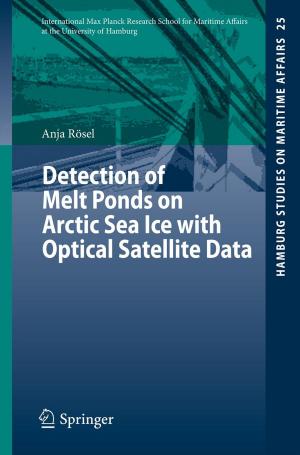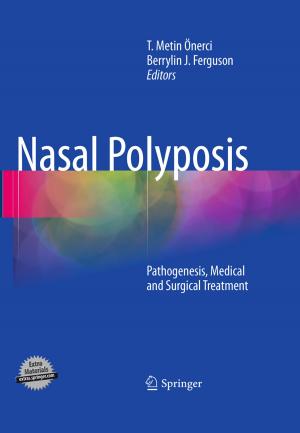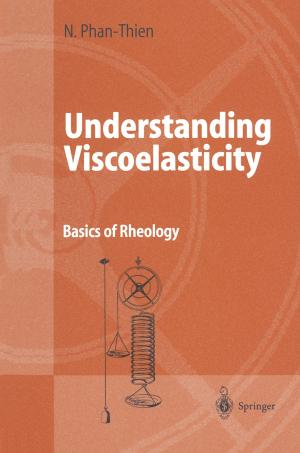Natural Production of Organohalogen Compounds
Nonfiction, Science & Nature, Science, Chemistry, Organic, Technology, Environmental| Author: | ISBN: | 9783540452935 | |
| Publisher: | Springer Berlin Heidelberg | Publication: | February 20, 2004 |
| Imprint: | Springer | Language: | English |
| Author: | |
| ISBN: | 9783540452935 |
| Publisher: | Springer Berlin Heidelberg |
| Publication: | February 20, 2004 |
| Imprint: | Springer |
| Language: | English |
This book summarizes the state-of-the-art knowledge on naturally occurring organohalogens, of which more than 3700 are documented. The chapters cover all aspects of this field, including the structural diversity and sources of organohalogens, the mechanisms for their formation and biodegradation, the clinical use of dichloroacetate, and the synthesis of the powerful anticancer chlorine-containing cryptophycin. Both biogenic and abiogenic sources of organohalogens are treated, the latter of which include volcanic emissions and abiogenic formation in soil. Halogenation in humans, fungi, and in the ocean are covered in separate chapters. Sources and biosynthesis of the relatively rare natural organofluorines are also discussed in this volume. By better understanding of the role nature plays in the area of organohalogens, we can more intelligently regulate the production, use, and disposal of man-made organohalogen compounds.
This book summarizes the state-of-the-art knowledge on naturally occurring organohalogens, of which more than 3700 are documented. The chapters cover all aspects of this field, including the structural diversity and sources of organohalogens, the mechanisms for their formation and biodegradation, the clinical use of dichloroacetate, and the synthesis of the powerful anticancer chlorine-containing cryptophycin. Both biogenic and abiogenic sources of organohalogens are treated, the latter of which include volcanic emissions and abiogenic formation in soil. Halogenation in humans, fungi, and in the ocean are covered in separate chapters. Sources and biosynthesis of the relatively rare natural organofluorines are also discussed in this volume. By better understanding of the role nature plays in the area of organohalogens, we can more intelligently regulate the production, use, and disposal of man-made organohalogen compounds.















